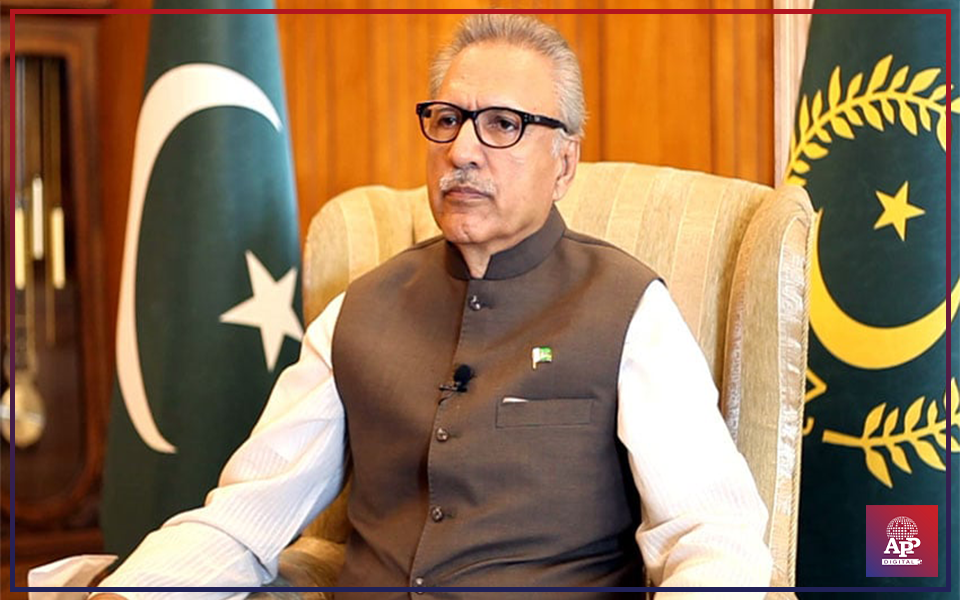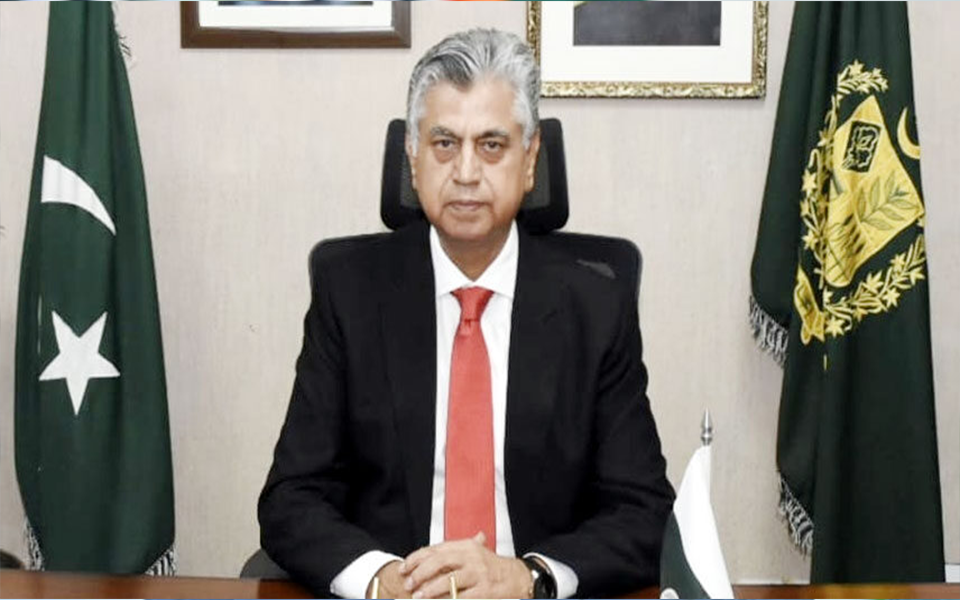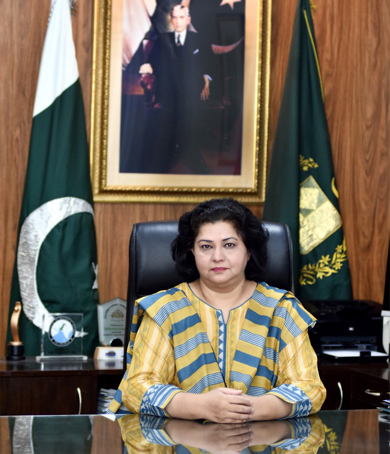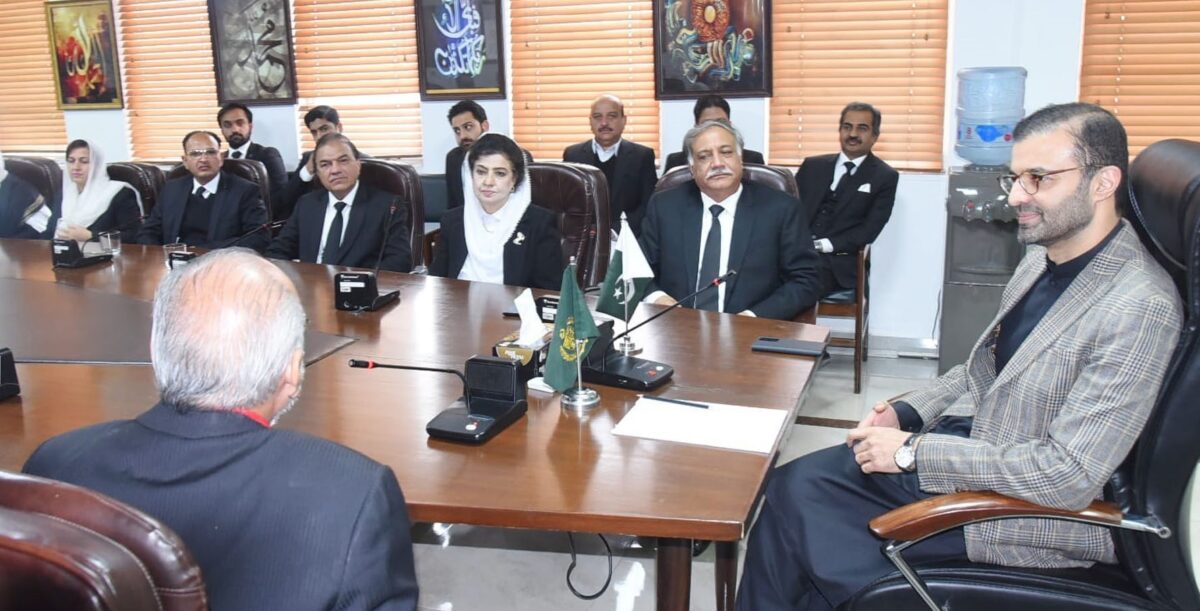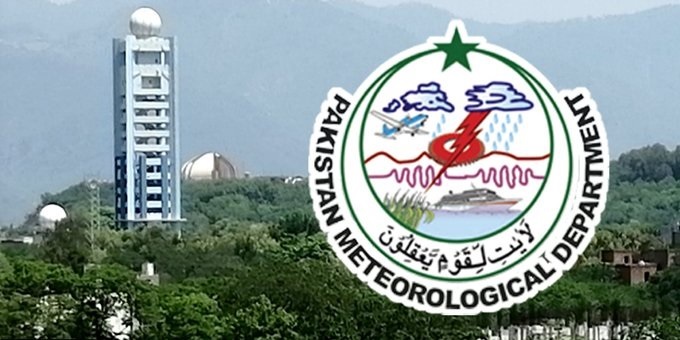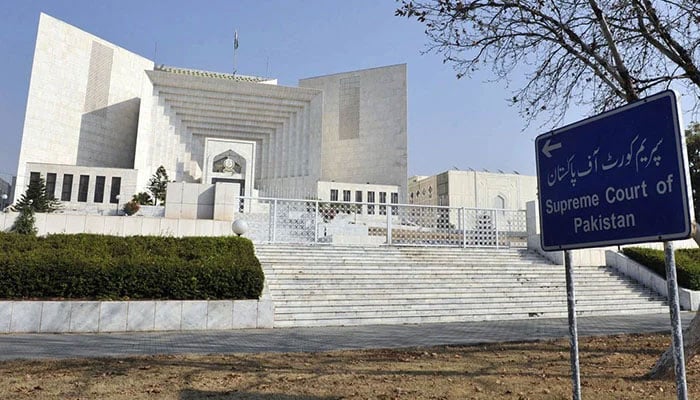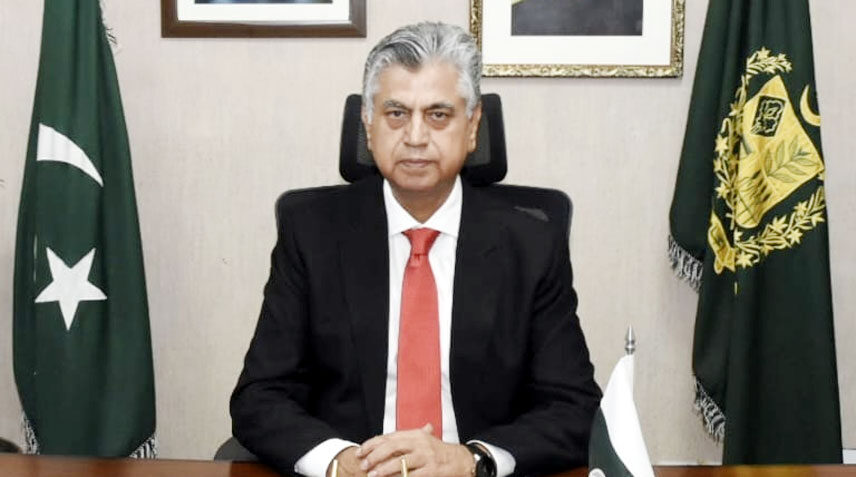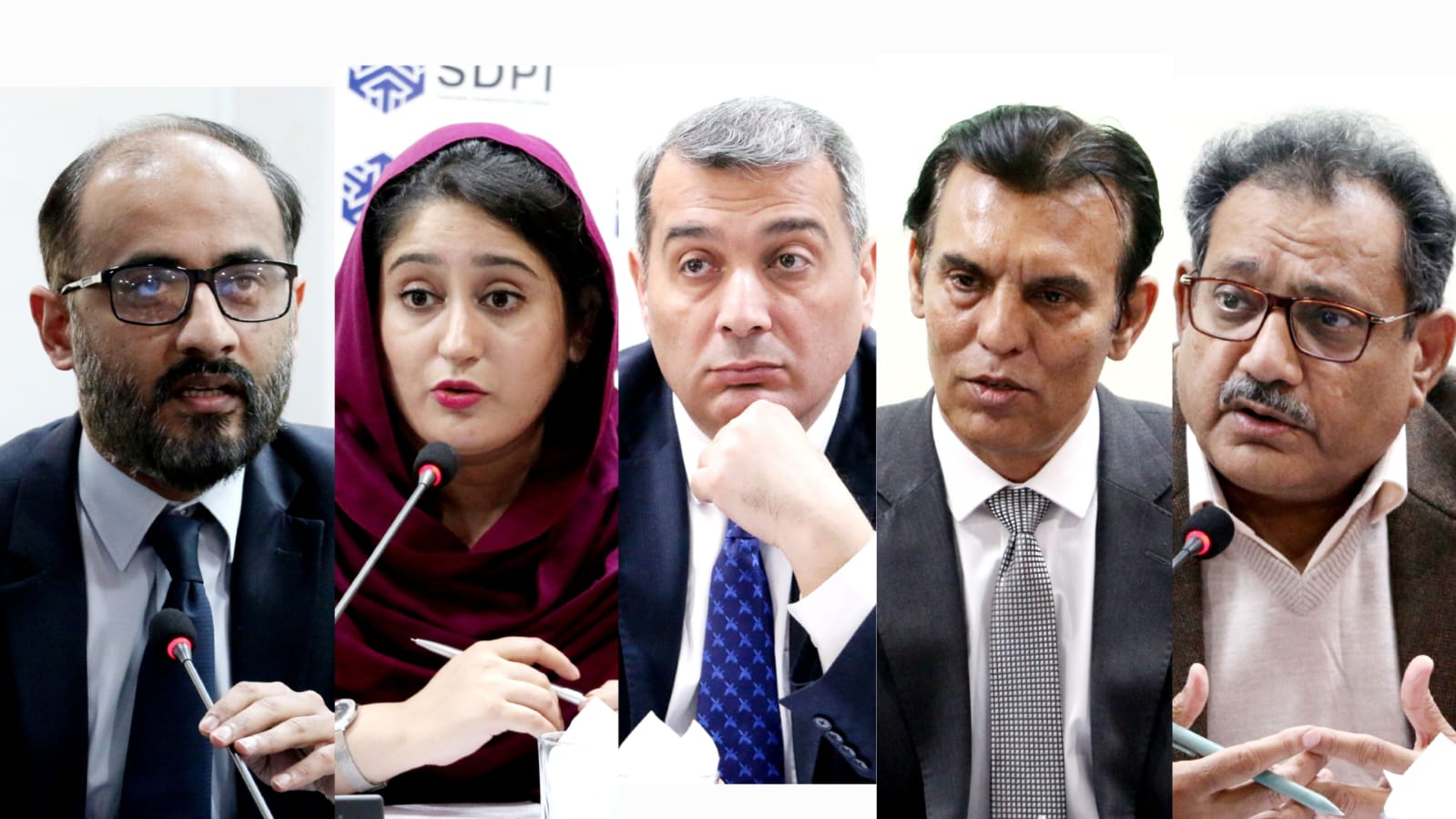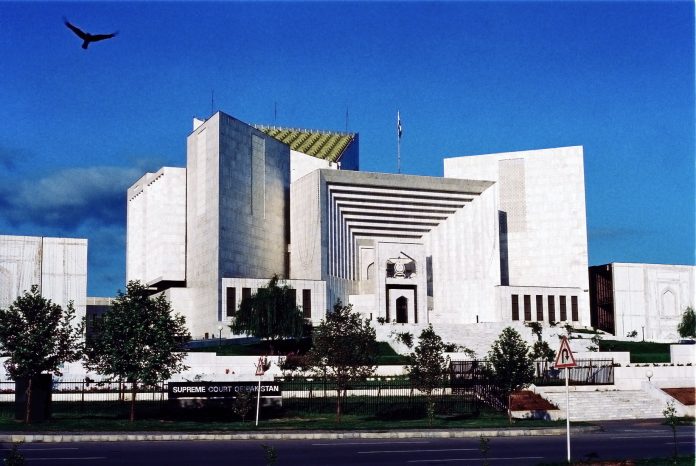ISLAMABAD, Jun 7 (APP): The Embassy of Portugal in Pakistan, in collaboration with the Sanober Institute, hosted a seminar on “Pakistan and Portugal Relations- Past Experiences, Vision for the Future” on Friday.
The event was moderated by Executive Director of Sanober Institute Dr Qamar Cheema and featured a distinguished panel of speakers, including Ambassador of Portugal Frederico Silva, Ambassador Aizaz Chaudhary (Chairman of Sanober Institute), Ambassador Shafqat Ali Khan (Additional Secretary for Europe), five former Pakistan’s ambassadors to Portugal (Shireen Safdar, Fauzia Sana, Naela Choan, Javed Khattak and Ahmad Warraich), Khurram Dastgir (former federal minister), Ambassador Naghmana Hashmi, Raja Amer Iqbal (former president of the Rawalpindi Chamber of Commerce and Industry (RCCI)), Razi Ahmad, (Chairman of Lahore Art Council), Agha Imran Khan, Nadeem Maksoon, Ambassador Navqi, the honorary consuls of Portugal in Lahore and Karachi, and Vice Admiral (Retired) Khan Hasham Bin Saddique HI(M), said an embassy press release.
The seminar focused on the past experiences and future potential of Pakistan-Portugal relations.
Ambassador Frederico Silva, in his opening remarks, highlighted the main goal of the seminar to compile informed feelings and impressions about the current status quo and advice for the future enhancement of Pakistan-Portugal relations.
This event was part of a cycle of celebrations for the National Day of Portugal, which also coincides with the day of death of its national literary icon Luís de Camões on 10th June 1580.
Ambassador Aizaz Chaudhary thanked the Portuguese team for projecting a positive image of Pakistan-Portugal relations.
Ambassador Shafqat Ali Khan emphasized that Portugal was a trusted friend and partner of Pakistan, with relations continuing to prosper despite global conflicts.
He also acknowledged Portugal’s role in Pakistan’s GSP Plus status in the EU market and the increasing demand for textiles and apparel in the Portuguese market.
Panelists advocated for increased cultural, people-to-people, and economic ties between the two nations.
They unanimously advocated for promoting culture, people-to-people contact, tourism in both sides, and art exchange, citing a lot of scope for the development of these relations and a positive forecast.
They also highlighted the potential for expanding trade, with the current trade volume of 300 million dollars being seen as a starting point for growth. Suggestions for trade expansion included textiles, fruits, vegetables, olive cultivation, himalayan salt, industrial machinery, and renewable energy technologies and expertise.
Ambassador Naghmana Hashmi emphasized the need for more bilateral sessions for open talk and cooperation on several issues, including textiles and tiles instead of competition. She also suggested that Pakistan could learn from Portugal’s textile and tile industries, as they follow EU quality control and policies, which could increase Pakistan’s exports.
Ex-RCCI president Raja Amer Iqbal pointed out that trade between the two countries was low and the export basket was very limited. He suggested that there should be linkages between the countries’ chambers of commerce and trade organizations, and that Pakistan was willing to work with Portugal.
He also highlighted that Portugal could benefit from Pakistan’s pink salt and could help export it to the EU, and that “Portugal needs manpower, which Pakistan has in abundance”.
Vice Admiral (Retired) Khan Hasham Bin Saddique stressed the need for a robust bilateral relationship for progression, and that implementation is lacking and a strategy, framework, and action plan are needed to increase exports.
Khurram Dastgir highlighted the need for more cultural exchanges, art, literature, and learning the Portuguese language, as well as proactive diplomacy by Pakistan’s ambassadors.
Panelists also emphasized the need for increased cultural exchanges, including art exhibitions, literary translations, and music and food festivals.
The panelists also highlighted the vibrant and dynamic entrepreneur community of Pakistanis in Portugal and the potential for collaboration in the IT sector, where Portugal presented a dynamic technological hub and Pakistan had a strong talent pool.
They emphasized the need for increased cultural exchanges, including art exhibitions, literary translations, and music and food festivals.
The panelists highlighted the potential for Pakistan to benefit from Portugal’s rich culture, art, history, music, textiles, and pottery, and for Portugal to benefit from Pakistan’s rich culture and cuisine.
Ambassador Frederico Silva and Ambassador Aizaz Chaudhary provided closing remarks, emphasizing the need for action and continued dialogue in his closing remarks.
Ambassador Frederico Silva welcomed the feedback and discussions from the seminar and emphasized the need to focus on areas of concern, such as increasing official visits, improving the implementation of agreements, reinforcing academic and scientific cooperation, intensifying cultural and artistic exchanges and expanding trade.
He also highlighted Portugal’s expertise and long term investment in renewable energy systems and the potential for Pakistan to benefit from this in the future.
Ambassador Aizaz Chaudhary, in his concluding remarks, described the seminar as a productive session and emphasized the need for more exchanges, talks, and focused sessions to continue the momentum of enhancing Pakistan-Portugal relations.
